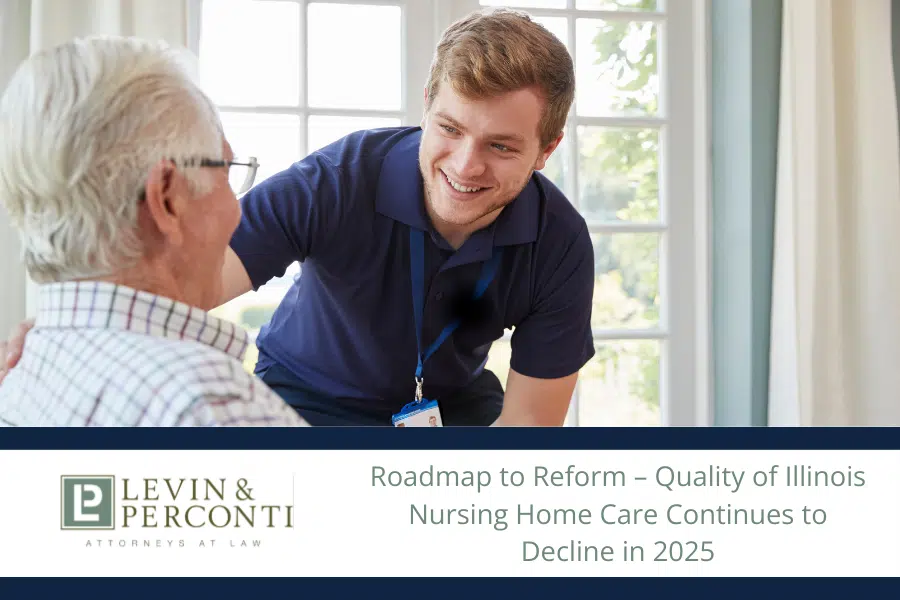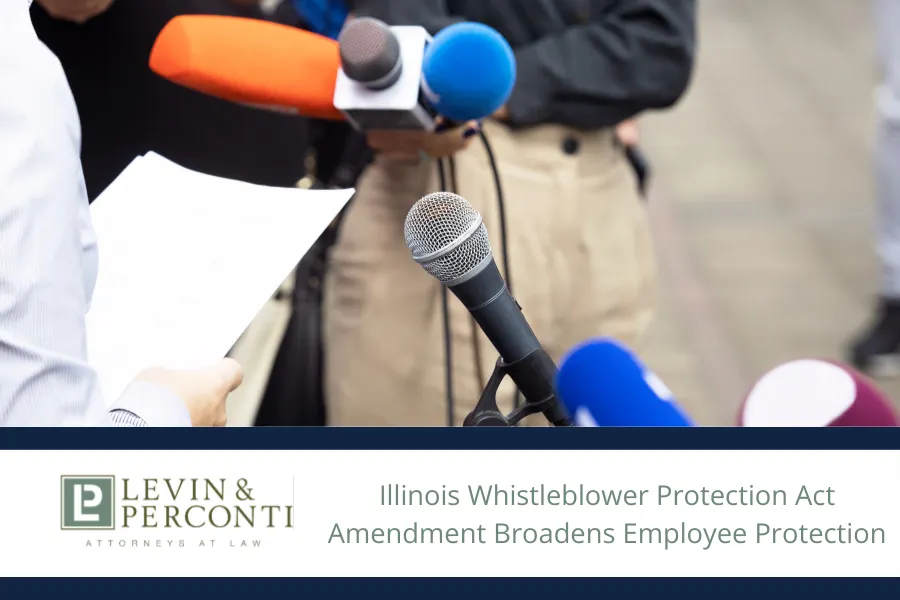New Alzheimer’s Drug Could Receive National Coverage Policy, Now Under Medicare Review
On July 12, 2021, the Centers for Medicare & Medicaid Services (CMS) announced the opening of a National Coverage Determination (NCD) analysis. The government agency says the process will allow an advanced and careful review to determine whether Medicare will establish a national coverage policy for monoclonal antibodies targeting Alzheimer’s disease. Monoclonal antibodies may prevent beta-amyloid from clumping into plaques or remove beta-amyloid plaques that have formed and help the body clear the beta-amyloid from the brain, found in patients diagnosed with Alzheimer’s.
- When someone is diagnosed with Alzheimer’s (or dementia), they will require more care, patience, and support as they grow older.
- As much as 75% will eventually become entirely dependent on someone else to care for them.
- At times, this support will be found in a facility such as a nursing home or memory care center where residents are too easily ignored, abused, neglected, or tragically lost in a wandering or elopement incident.
- Health experts agree that early detection is the key. In addition, diagnosis during the mild cognitive impairment stage of the disease could make the condition’s effects more manageable as the person ages.
- Morethan 50% of residents in assisted living and nursing homes are battling some form of dementia or cognitive impairment, including Alzheimer’s.
“Alzheimer’s is a devastating illness that has touched the lives of millions of American families, and as CMS opens our National Coverage Determination analysis, we invite interested stakeholders to participate,” said CMS Administrator Chiquita Brooks-LaSure. “We want to consider Medicare coverage of new treatments very carefully in light of the evidence available. That’s why our process will include opportunities to hear from many stakeholders, including patient advocacy groups, medical experts, states, issuers, industry professionals, and family members and caregivers of those living with this disease.”
According to the press announcement, “NCDs are program instructions developed by CMS to describe the nationwide conditions for Medicare coverage for a specific item or service. For example, this NCD analysis will apply to national coverage considerations for aducanumab, which was recently approved by the Food and Drug Administration (FDA), as well as any future monoclonal antibodies that target amyloid for the treatment of Alzheimer’s disease.”
The Food and Drug Administration recently approved the drug aducanumab and treatment Aduhelm, made by Biogen Inc., which resulted in an outcry in the medical community. Some say there wasn’t sufficient evidence to show the drug worked. Nevertheless, it’s a first-of-its-kind treatment and the newest Alzheimer’s treatment approved by the FDA since 2003.
Learning More About Alzheimer’s and Dementia
Alzheimer’s disease is not a normal part of the aging process. For the millions of Americans who have been diagnosed with debilitating memory and behavioral illness – life is not easy. According to the Alzheimer’s Association, those with declining cognitive abilities account for about 67% of all dementia-related deaths in U.S. nursing homes each year. Moreover, dementia, a form of Alzheimer’s, is one of the only top-10 causes of death in the U.S. that cannot be prevented, cured, or slowed.
Likewise, Healthcare Finance is reporting that an aging baby boomer population and even more significant numbers of people diagnosed with Alzheimer’s have hiked the cost of treating the disease to significant levels. According to a 2018 report from the Alzheimer’s Association, the cost will only grow. It’s projected to reach as high as $1.1 trillion by 2050. By that time, the number of Americans officially diagnosed with Alzheimer’s could reach nearly 14 million.
Understaffed Memory Care Centers and Skilled Nursing Facilities Struggle with Alzheimer’s Residents
Direct-care workers, such as aides and personal care attendants, provide most daily support to older adults battling Alzheimer’s Disease. They are responsible for bathing, feeding, medication administration, bathroom needs, dressing, housekeeping, food preparation, and other activities. In addition, to already being overworked and underpaid, it is likely there won’t be enough staff to care for all residents caused by the pandemic. Unfortunately, nationwide, nursing homes have fewer nurses and medical staff than they report. This leaves underqualified and stressed nursing assistants and personal aides with the 24-hour tasks to keep far too many patients’ daily living needs to be met. Those who require extra care, such as Alzheimer’s and dementia patients, are too often the first to be overmedicated, abused, forgotten, and neglected.
To make matters much worse, antipsychotic drugs are sometimes given to patients living in long-term care facilities to calm behaviors associated with Alzheimer’s or memory and behavior illnesses. Unfortunately, they are also overly prescribed to residents who may be marked unruly or disruptive. Care staff is known to seek out specific medications to make these patients easier to handle or quiet them and make them sleepy. Doctors may rely heavily on the recommendation of nurses and other care staff when making these medication decisions.
Patient overmedication may be a form of nursing home abuse. We have created a list of dangerous medications commonly misused by nursing homes here. It includes seven of the most widely used antipsychotic drugs abused by U.S. nursing homes today.
- aripiprazole (Abilify)
- clozapine (Clozaril)
- haloperidol (Haldol)
- olanzapine (Zyprexa)
- quetiapine (Seroquel)
- risperidone (Risperdal)
- ziprasidone (Geodon)
Friends of long-term care residents, family members, and even staff need to protect residents’ rights. And, much unacceptable behavior or neglect can be discovered during an impromptu visit or phone call. If you find or suspect that someone you love who is battling Alzheimer’s is being given, or has been given, antipsychotic drugs and has been injured or neglected, you can help them by seeking legal support to fight against those responsible for their injuries. In the case of a violation of any resident’s rights, contact a nursing home abuse and neglect attorney at Levin & Perconti and seek out extra support resources from these community advocates.
- Caring Across Generations
- Center for Medicare Advocacy
- Justice in Aging
- Long Term Care Community Coalition (LTCCC)
- National Association of Local Long-Term Care Ombudsman (NALLTCO)
- National Association of State Long-Term Care Ombudsman Programs (NASOP)
- National Consumer Voice for Quality Long-Term Care
- Alzheimer’s Association
Sadly, residents challenged by different forms of dementia may become at risk for nursing home abuse and neglect more often than residents with non-cognitive battles. But how family members, staff, or friends treat them can impact their ongoing emotions, medication use and help identify any dangers.
Learn More About How CMS Coverage Decisions Are Made
According to the press release, “Currently, coverage determinations for aducanumab are being made at the local level by Medicare Administrative Contractors who represent 12 jurisdictions across the country. CMS’s coverage decisions are based on careful analysis of the evidence and benefits a given therapy provides to Medicare beneficiaries. To determine whether a national policy is appropriate, CMS will follow a standard process that includes multiple opportunities for the public to participate and present comments through both listening sessions and the CMS Coverage website. The analysis will determine whether the evidence meets the Medicare law’s requirements that items or services be ‘reasonable and necessary for the diagnosis or treatment of illness or injury…’.”
To make this determination, CMS uses a formal process established by statute.
- The process includes assessing the clinical evidence such as published clinical studies, professional society guidelines, and public comments to determine coverage.
- Following this analysis, CMS will post a proposed national coverage determination, open to a second 30-day public comment period.
- After reviewing all comments received on a proposed determination, CMS will announce its final decision for a national policy which could range from Medicare coverage of this product type, coverage with evidence development, non-coverage, or deference to the Medicare Administrative Contractors.
- A proposed decision is expected to be posted within six months and a final within nine months.
NCDs are posted on the CMS Medicare Coverage Center website and provide stakeholders with the Medicare coverage criteria, a summary of the evidence considered, and CMS’s rationale for the decision. As part of the NCD process, a 30-day public comment period began on July 12. CMS also hosted two public listening sessions in July to provide an opportunity for public input.
For additional information about the NCD process, and to learn more about the types of coverage and care your loved one with Alzheimer’s may require, visit: https://www.cms.gov/medicare/coverage/center
Respected Elder Abuse and Nursing Home Negligence Attorneys
If you suspect elder abuse or neglect is happening to your loved one while receiving care in a nursing home or memory care facility, please contact us for a free consultation. Our experienced nursing home abuse and neglect attorneys at Levin & Perconti can gather the evidence needed to file an elder abuse case on your behalf. So, please, call for a FREE and confidential consultation at (312) 332-2872 in Chicago, Illinois, or toll-free at 1-877-374-1417.



